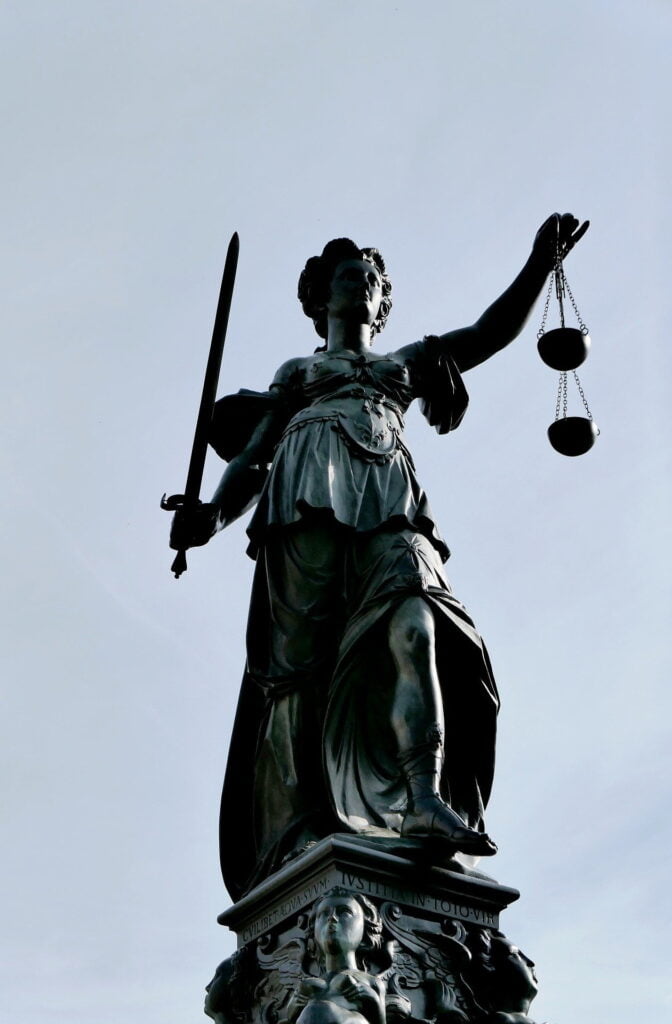Navigating Will Contests in New York: Strategies for Practitioners and Litigants
By Andrew Zeitz, Esq.
Will contests can be complex and emotionally charged legal battles. Understanding the nuances of New York’s probate litigation process is crucial for both attorneys and individuals involved in disputed wills. This article explores key strategies and considerations for navigating will contests in the Empire State, with a focus on SCPA 1404 examinations.
The Scope of SCPA 1404 Examinations
SCPA 1404 allows for the examination of witnesses in probate proceedings, providing a powerful tool for gathering crucial information before formally contesting a will.
The statute outlines who may be examined, including:
- Attesting witnesses
- The person who prepared the will
- Nominated executors (if the will contains an in terrorem clause)
- Proponents of the will
Courts generally interpret SCPA 1404 broadly, allowing for extensive pre-objection discovery. This liberal approach serves two purposes: to ascertain the merit of potential objections and to provide examining parties with a comprehensive opportunity, as they typically get only one chance to examine witnesses without a court order.
Key Strategies for Attorneys
Leverage the Broad Scope of Examinations
Courts have held that the right to examine under SCPA 1404 is “unconditional” and does not require a preliminary showing of need. Use this to your advantage by conducting thorough examinations that cover all potential grounds for objection.
Utilize Document Discovery Rights
SCPA 1404 examinations come with full document discovery rights under CPLR Article 31. This allows attorneys to request relevant documents, potentially uncovering crucial evidence for their case.
Protect What You Have Worked For
Securing your assets requires a proactive legal strategy. Speak with an experienced asset protection lawyer today to safeguard your future.
Consider Remote Examinations
In some cases, courts may allow SCPA 1404 examinations to be conducted remotely, such as for out-of-state witnesses. This can save time and resources, especially in cases involving geographically dispersed parties.
Important Considerations for Litigants
Timing is Critical
Pre-objection discovery under SCPA 1404 is only available when a probate proceeding is pending and a will has been offered for probate. Act promptly to ensure you don’t miss this crucial window for gathering information.
Understand the “Safe Harbor” Provisions
SCPA 1404 examinations are generally protected by “safe harbor” provisions, meaning they don’t trigger in terrorem clauses in wills. However, be cautious when seeking to examine individuals not explicitly listed in the statute, as this could potentially violate an in terrorem clause.
Be Prepared for Broad Examinations
Courts have held that SCPA 1404 examinations may be as broad as any objections that might be filed. This means you should be prepared to address a wide range of topics during these examinations.
Emerging Trends and Considerations
Expanding the Scope of Examinations
Recent case law suggests a trend towards allowing examinations of individuals beyond those explicitly listed in SCPA 1404, provided the information sought is of “potential value or relevance”. This may open new avenues for discovery but also increases the risk of triggering in terrorem clauses.
The Three-Year/Two-Year Rule
While not strictly part of SCPA 1404, practitioners should be aware of the “three-year/two-year rule” under 22 NYCRR 207.27, which generally limits examinations to three years prior to the date of the will and two years thereafter (or to the date of death, whichever is shorter). This rule applies regardless of whether objections have been filed.
Balancing Broad Discovery with Efficiency
While courts generally favor broad discovery under SCPA 1404, there’s also a recognition of the need for efficiency in probate proceedings. Attorneys should be prepared to justify the scope of their examination requests, especially when seeking to go beyond the statutorily defined witnesses.
Conclusion
SCPA 1404 examinations are a powerful tool in New York will contests, offering broad discovery rights that can shape the course of litigation. By understanding the scope and limitations of these examinations, both attorneys and litigants can better navigate the complexities of probate disputes. As case law continues to evolve, staying informed about the latest interpretations of SCPA 1404 is crucial for developing effective strategies in will contests. At The Law Office of Barry E. Janay, P.C., we’re committed to providing expert guidance through the intricacies of probate litigation. Whether you’re a practitioner seeking insights or an individual facing a potential will dispute, understanding these strategies can help you effectively leverage SCPA 1404 examinations in your case.









